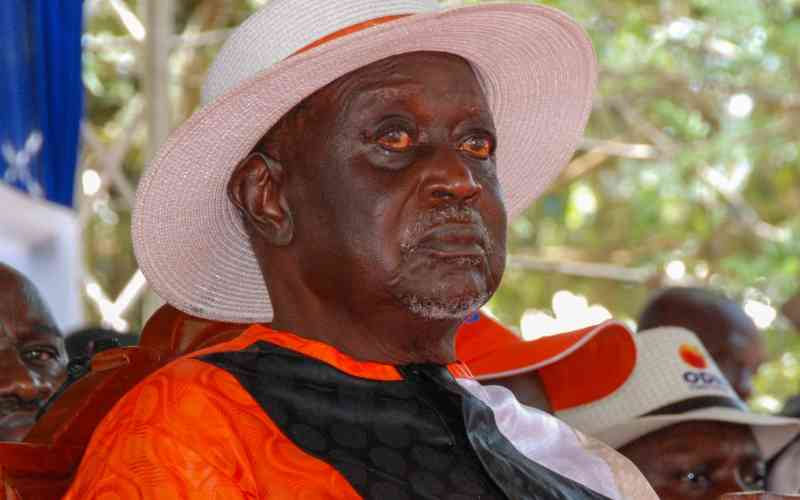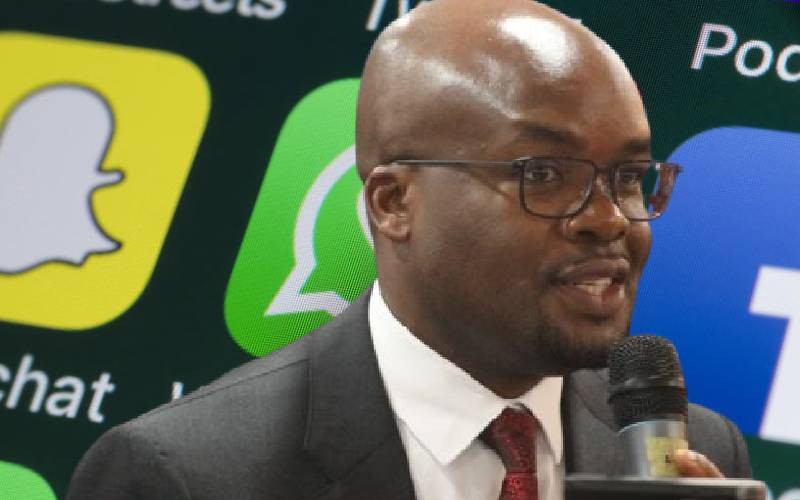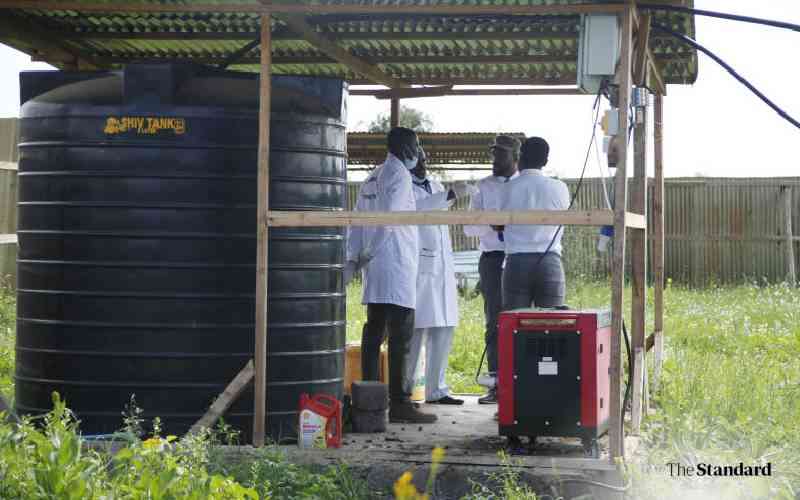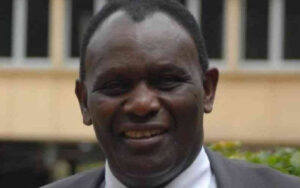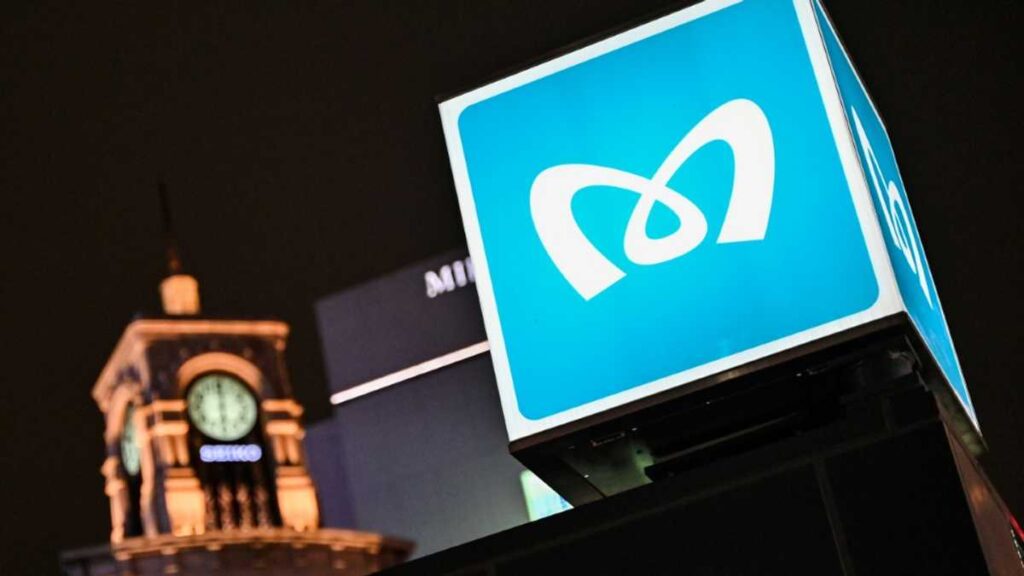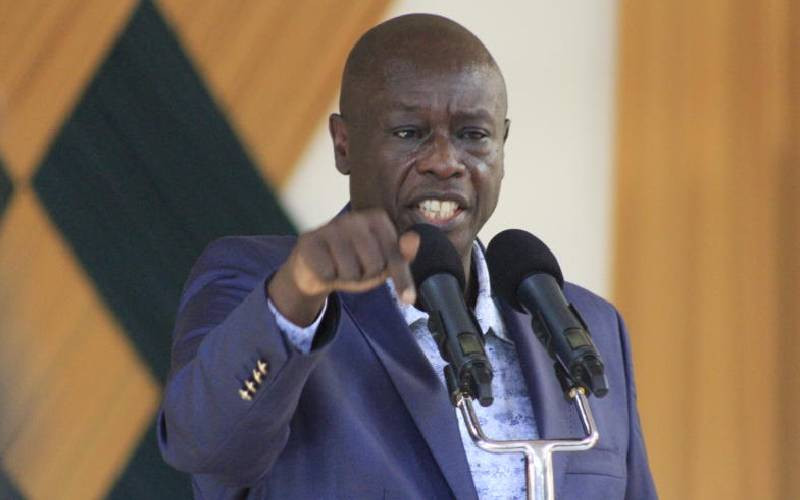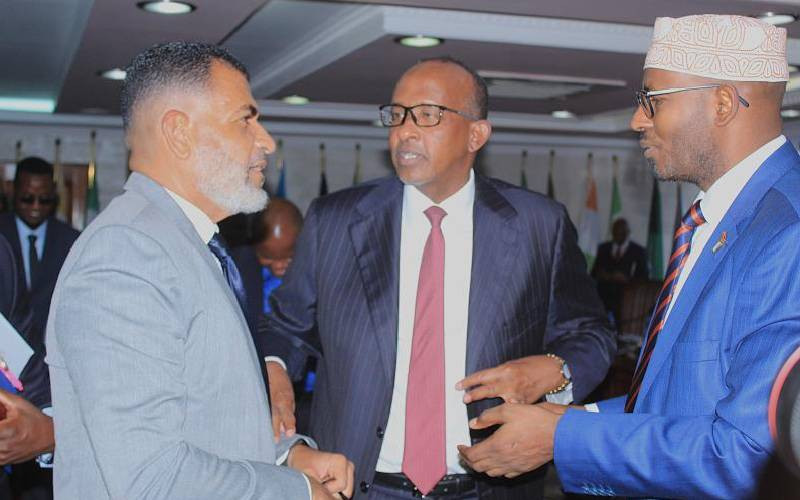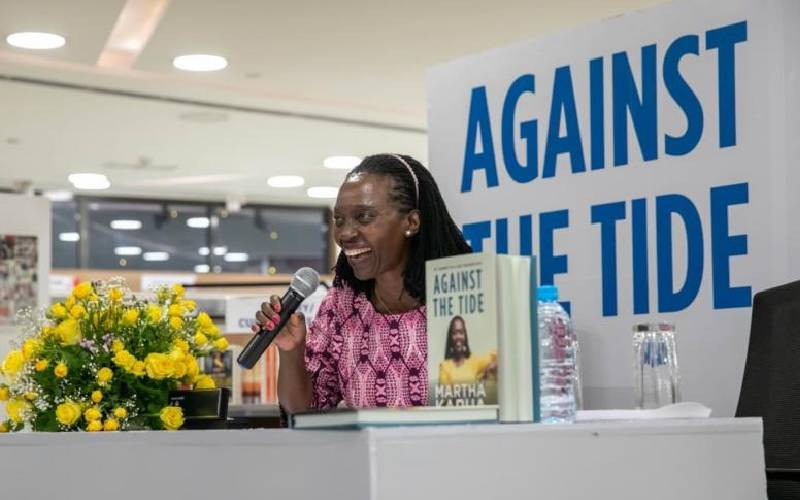After repeated attempts to curb the misuse of digital spaces, the government is now urging social media companies to establish physical addresses in Kenya.
This move aims to improve reporting and monitoring of digital space usage within the country.
Interior Principal Secretary Dr Raymond Omollo stressed the need for a more visible presence of enforcement agencies at these social media organizations, citing the “irresponsible” use of social media.
Omollo also announced plans to set up a centralized hub for reporting and sharing information on cyber threats and fraudulent activities.
“Sustained public sensitization on responsible internet use will be prioritized by various stakeholders to promote a safer online environment for all,” he said.
Omollo said that the government will explore the establishment of a national framework to moderate and filter content, ensuring responsible access to digital platforms.
“The growing trend of individuals misusing social media and disregarding the boundaries of free speech, requires urgent action,” said Omollo after meeting with stakeholders, including telecommunication companies on Thursday.
The move follows reports from the Dutch Ministry of Foreign Affairs, which confirmed receiving over 300 emails from Kenyans requesting the cancellation of a planned state visit by His Majesty King Willem-Alexander and Her Majesty Queen Máxima, scheduled for March 18-20, 2025.
The wave of emails, urging the cancellation of the three-day visit, was linked to online protests by Kenyans regarding the country’s current affairs, including violation of human rights such as arbitrary arrests and abductions of government critics and opposition figures from neighbouring countries.
Although the Dutch government clarified that the visit remains on schedule, Foreign Affairs Cabinet Secretary Musalia Mudavadi expressed concern that the cyber activities spreading misinformation and disinformation are undermining the Government’s credibility.
In a desperate plea to curb cyber misuse, Mudavadi said that these activities initially stemmed from genuine protests by Gen-Zs, but they have since evolved into organised cyber-attacks by a few social media influencers.
Intimidatory messages
“These actors seek to delegitimise government initiatives, discourage high-level visits, de-campaign Kenya’s candidates for international and regional positions while sending intimidatory messages to members of the international community,” said Mudavadi.
The CS added, “The Ministry notes that these cyber activities, the majority of which are Al-generated deepfakes, fabricated narratives, widespread misinformation campaigns, and coordinated auto-generated emails, are unfortunately being sent to foreign capitals.”
Stay informed. Subscribe to our newsletter
To address these challenges, Mudavadi announced plans to develop a Technology Responsibility Charter aimed at promoting accountability and ethical practices in the digital space.
He decried that the government has been subjected to cyber-attacks despite addressing public concerns.
PS Omollo said Kenya’s creative economy has gained global recognition with key achievements that allow Kenyan youth to monetize their digital content in line with the government’s vision of fostering innovation and digital entrepreneurship.







